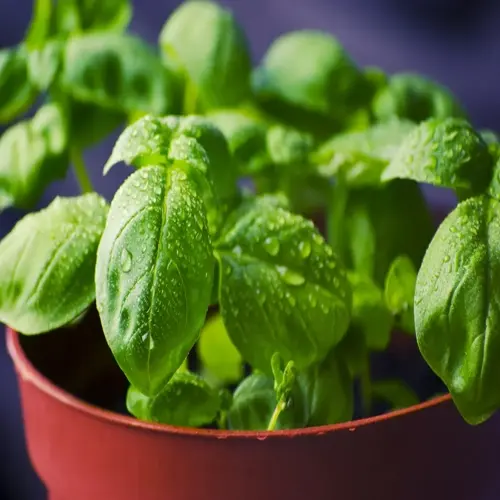When is the best time to plant calendula?

Written by
Kiana Okafor
Reviewed by
Prof. Martin Thorne, Ph.D.Recognizing timing is the key to successful calendula growing. Cool climate gardeners are best to plant after the spring frost, ideally when the soil thaws to 60°F (15°C). For warm zone gardeners, fall planting is beneficial. Correct timing helps avoid frost damage and kick-starts your calendula growing, taking off strong.
Soil preparation plays a critical role in the success of calendula. Test the soil pH for a value of 6.0-7.0 during soil preparation. Before planting, mix 1 inch (2.5 cm) of compost into the topsoil. Good drainage will decrease the chance for root rot, and adequate nutrients will support healthy early growth.
Soil Preparation
- Clear weeds and debris from planting area
- Incorporate 1 inch compost into top 6 inches of soil
- Rake surface smooth for even seed distribution
Seed Sowing
- Plant seeds 1/4-1/2 inch deep spaced 2 inches apart
- Cover lightly with soil and pat down gently
- Water using fine mist to avoid displacing seeds
Germination Care
- Maintain consistent moisture without waterlogging
- Watch for seedlings in 7-14 days
- Thin plants to 8 inch spacing at first true leaves
Succession planting is a great way to extend blooming time. Plant seeds every 2-3 weeks in the spring and throughout the summer. This method allows for continual harvests. If you stagger plantings properly, you are sure to have fresh flowers in your garden despite the weather claiming some plants.
Overwintering calendula works well in mild climates. Plants survive with 4-inch straw mulch protection or a row cover. In colder regions, focus on self-seeding types. They drop seeds naturally, allowing new plants to emerge in the spring when conditions are more favorable.
Considerations of microclimates may impact planting schedules. Urban gardens get 2-3 week advantages from heat-retaining and insulating structures. Coastal locations require protection from wind. Pay attention to the events occurring in your area to determine your optimal planting schedule.
Read the full article: How to Grow Calendula: Complete Guide

